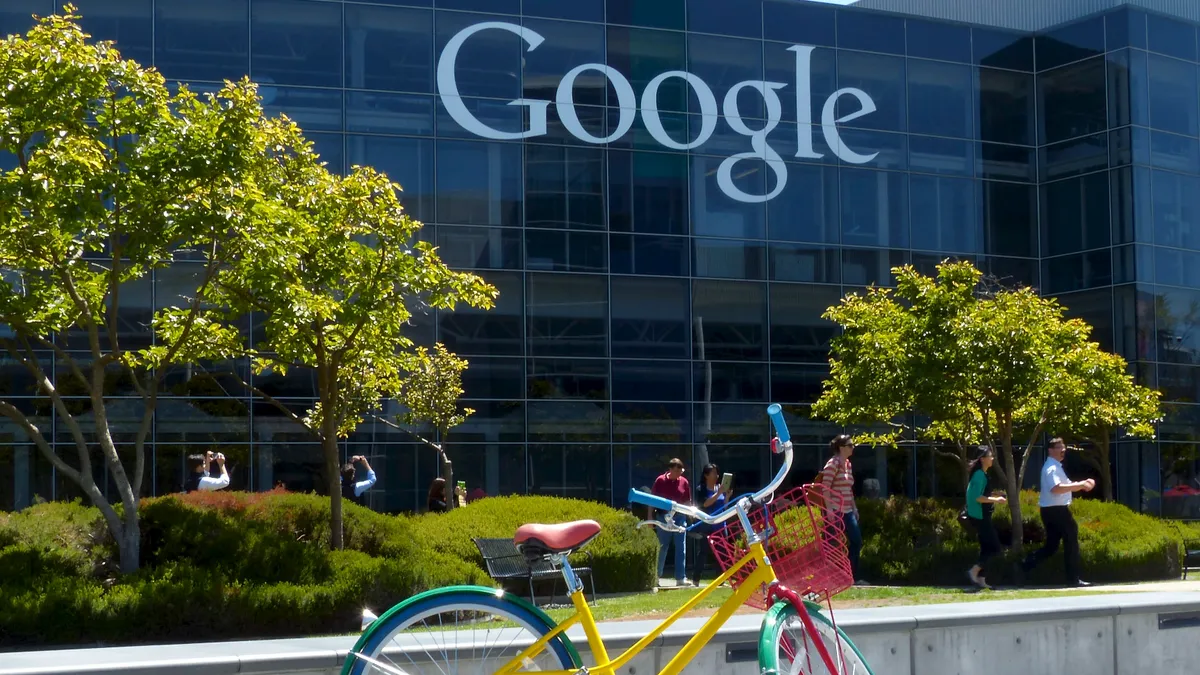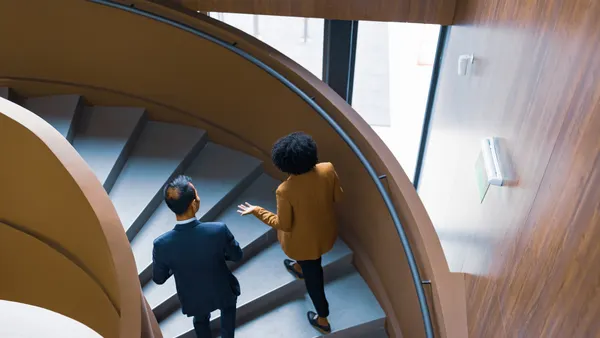Dive Brief:
-
The Supreme Court ruled 6-2 in favor of Google against Oracle on Monday in a long-awaited decision after arguments were postponed by the COVID-19 pandemic. The decision permits Google's use of Oracle-owned code under fair use doctrines.
-
Google's use of 11,500 lines of code from Java SE to build the Android platform is considered fair use as the "amount of copying was tethered to a valid, and transformative, purpose," according to the SCOTUS opinion delivered by Justice Stephen Breyer. Oracle originally sought $9 billion from Google in a copyright lawsuit to compensate for Google's use of the code.
-
"In the long term, this ruling should give companies more freedom to reuse open source code without the fear of legal repercussions or having to divulge their own intellectual property, but they still need to tread carefully to ensure they do not go too far in what they are copying," Gary Dollinger, a director of technology at West Monroe, said in an email to CIO Dive.
Dive Insight:
Beyond the major legal decision on how to apply copyright law to computer code, the Google v. Oracle ruling sets the standard for how enterprises can copy and reuse other open source code.
"The court focused on the fact that Google was creating a different platform and the collective experience of programmers was harnessed to achieve this result," said J. Michael Keyes, a partner at Dorsey & Whitney, in a statement. "The greater the amount of time/money/effort that goes into making a work transformative is now an important component to consider."
The court didn't decipher whether code is copyrightable, just that fair use is applicable in circumstances like Google's where programmers reasonably transform code. The dissenting side — from Justices Clarence Thomas and Samuel Alito — argued the court missed an opportunity by not deciding on the legality of copyrighting code in this case.
Reusing code is relatively common practice throughout the tech space. In an amicus curiae brief to SCOTUS in support of Google, Microsoft argued copyright protection of Oracle's code would be "an unduly narrow view of fair use" that "threatens modern paradigms of software development."
Innovation is a collaborative effort, Microsoft wrote, and developers rely on sharing, modifying and enhancing code to create new products and functionalities.
"Such collaborative development and interoperability are facilitated by an industry paradigm that expects, and accepts, that much existing functional software code may be reused by follow-on developers," Microsoft wrote.
The SCOTUS decision supports this idea and signals to companies that iterating on existing code qualifies as fair use.
"Until now, there has not been a good legal precedent to show this viewpoint as a legally binding opinion," Dollinger said. "Now, developers can feel more confident when searching for solutions that they can reuse code from other sources, as long as the code they are borrowing is not substantial or makes up the 'secret sauce' of the product they are getting the code from."
Dollinger recommends companies create an open source review policy managed by someone knowledgeable of the tech to approve and document all usage of open source code in compliance with industry standards.













